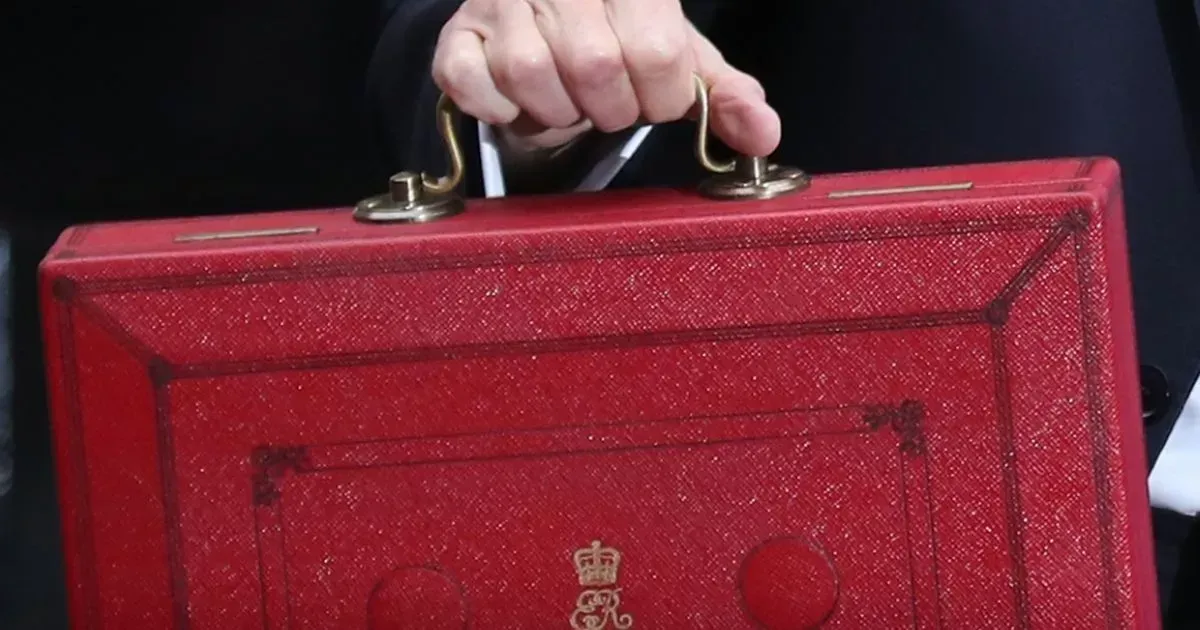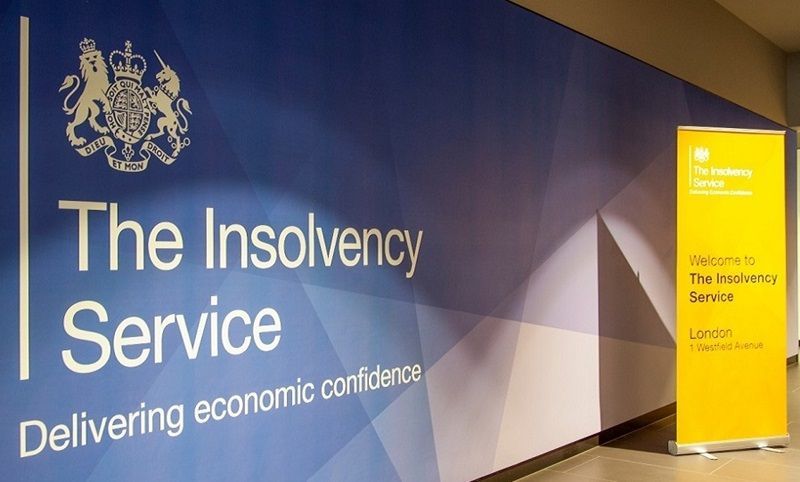EVERY ONCE IN A WHILE CASES ARE SO BIZARRE

Every once in a while, cases are so bizarre that it shows once again the truth is stranger than fiction. And one of such cases is DIGITAL ID.
The fiction:
We are living in a quite controlled environment where the current government wants even more control over us with quite outrageous explanations that digital IDs are needed because of immigration and illegal employment.
Immigration is well out of control and one digital ID will not make any significant changes. It will be again up to the businesses whether they will report the person being employed by them or not. If there will be inspection they still say, this is “his/her first day with us, not yet employed and still not our employee.
Therefore this is pure fiction to divert home problems to one thing which has more "no" then "yes".
Make no mistake, we have to do something with Digital IDs despite the UK government's rollout of mandatory digital identity verification.
The truth:
There is no doubt that some would like to have digital ID, however, people must not be blind about “digital IDs”. Modern IDs, credit cards, and even passports now contain RFID chips that wirelessly transmit data to simplify payments and access. Unfortunately, that also means that your
- Credit & debit cards
- Digital driver’s license or ID
- RFID-enabled passport
- Transit or work access cards and many others
are constantly “broadcasting” your sensitive information.
It only takes one hacker walking past you with a hidden scanner to steal it all. A study from Oxford University found that 73% of RFID-enabled cards can be skimmed in under 3 seconds — even through clothing or a closed bag!
The challenge is all about preventing the "BritCard" initiative, announced by Prime Minister Keir Starmer on September 25 2025, which provides every UK citizen and legal resident with a free digital ID by the end of the Parliament.
There are quite a few glaring problems with “digital ID”:
- Integrated with GOV.UK One Login, the system does not mandate physical cards but requires digital verification for right-to-work checks, employment, and key public services, with consultations considering extensions to 13- to 16-year-olds.
- Because of RFID the data can be stolen easily by hackers and entered instead “John Smith” the name “Sadhu Patel” and illegal immigrants would in less than three (3) minutes become citizens of the United Kingdom and all what the person “John Smith” and others was entitled to.
- There are 11 million people currently without passports or driving licences who are on other hand entitled to have one or the other ID. Imagine, how “good business” it will be for the hackers to get to over 2 million illegal immigrants “dodge digital ID” and the government would be even in a bigger mess to check all where even AI would not be of any help.
The European Court of Human Rights' 2008 S and Marper v United Kingdom ruling, which struck down indiscriminate data retention as violating Article 8 privacy rights without explicit statutory authority, purpose limits, and proportionality. The problem and concern on one hand is not with digital identity systems, but with compulsion without statutory authority or individual consent.
Once digital verification becomes the universal key to employment or services, privacy ceases to be a choice.
The government inverts constitutional norms by prioritising policy over legislation, bypassing required Equality Impact Assessments and Data Protection Impact Assessments under the Equality Act 2010 (Section 149) and UK GDPR where I have to highlight risks of indirect discrimination against the elderly and disabled, who may face "digital exclusion" from app-based systems because many elderly or disabled citizens cannot reasonably be required to manage such systems.
A mandatory digital-only approach would amount to indirect discrimination. The lawsuit demands courts enforce these duties pre-rollout, invoking precedents like R (Bridges) v South Wales Police (2020) on facial recognition overreach.
Make no mistake, this isn't about politics - it's about making sure the Government follows the law and protects everyone's rights before anything is made mandatory.
We already have growing alarm all sorts of the direction of some recent government policies and the lack of proper legal safeguards.
Victory could secure a declaration of unlawfulness, requiring statutory backing for rights-affecting systems and blocking "soft compulsion" via policy nudges. It would mandate assessment disclosures, curbing reintroduction as "voluntary." Judicial review exists to ensure the government acts within the law at the point of decision, not after the damage is done. What is being tested here is the process of lawful government, not technology itself.
The scheme has polarised views. TechUK praises its innovation potential, but LSE experts have warned it repeats EU Digital Identity Wallet errors, such over-centralisation.
Public support for Labour dipped post-announcement, per polls. Sir Keir said: "Digital ID is an enormous opportunity for the UK. It will make it tougher to work illegally in this country, making our borders more secure and the scheme would offer "countless benefits" to citizens by streamlining bureaucracy and curbing unauthorised work.
For example, Switzerland did say “yes” to digital IDs a couple of months ago which is still not 100% clear whether the counts are correct because of slim victory for the IDs. This might be happening because native Swiss were not bothered to go to pools. On other hand, they will not be introduced in the next 5-10 years.
As I stated above: Every once in a while, cases are so bizarre that it shows once again the truth is stranger than fiction.

















































